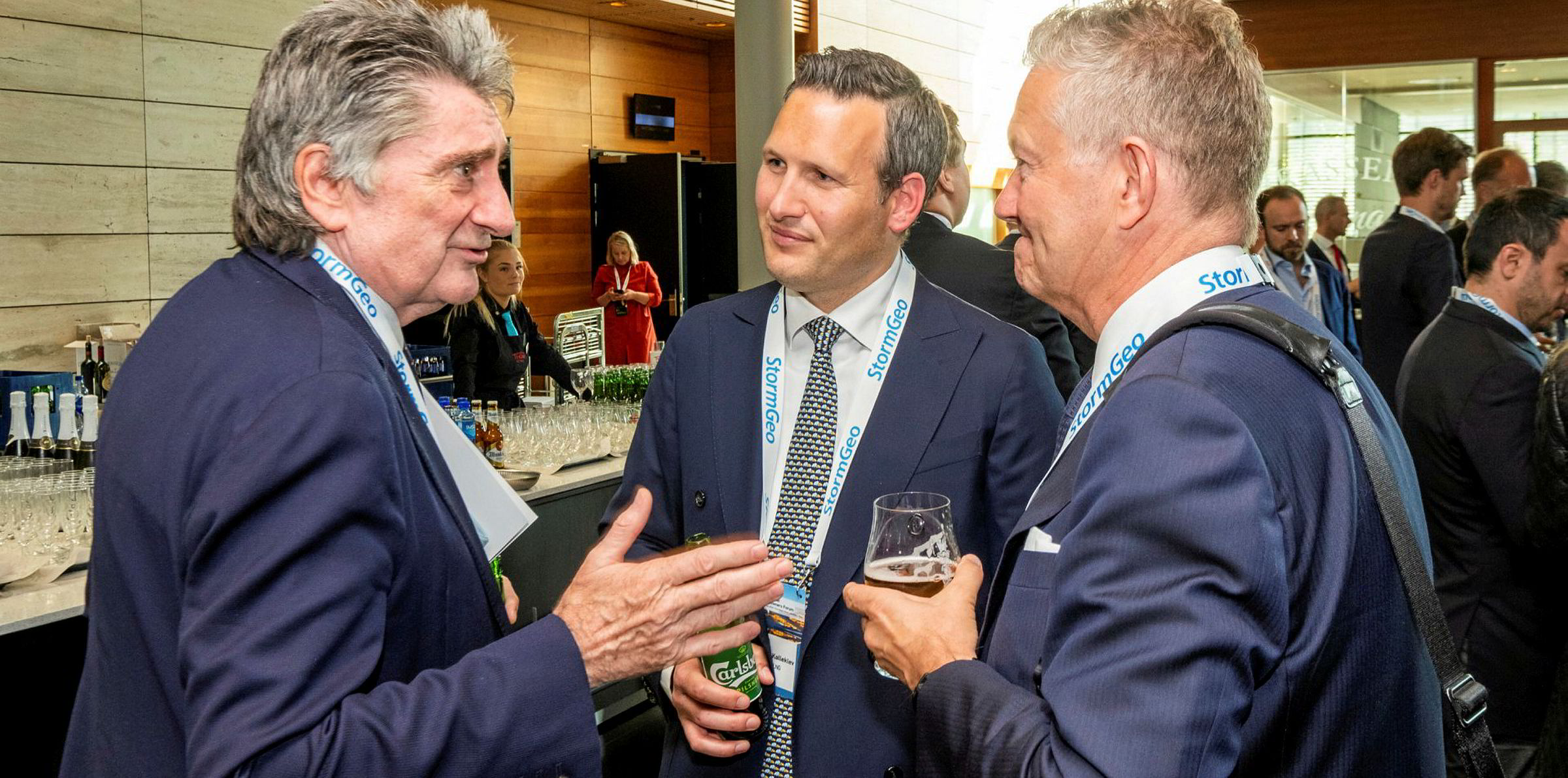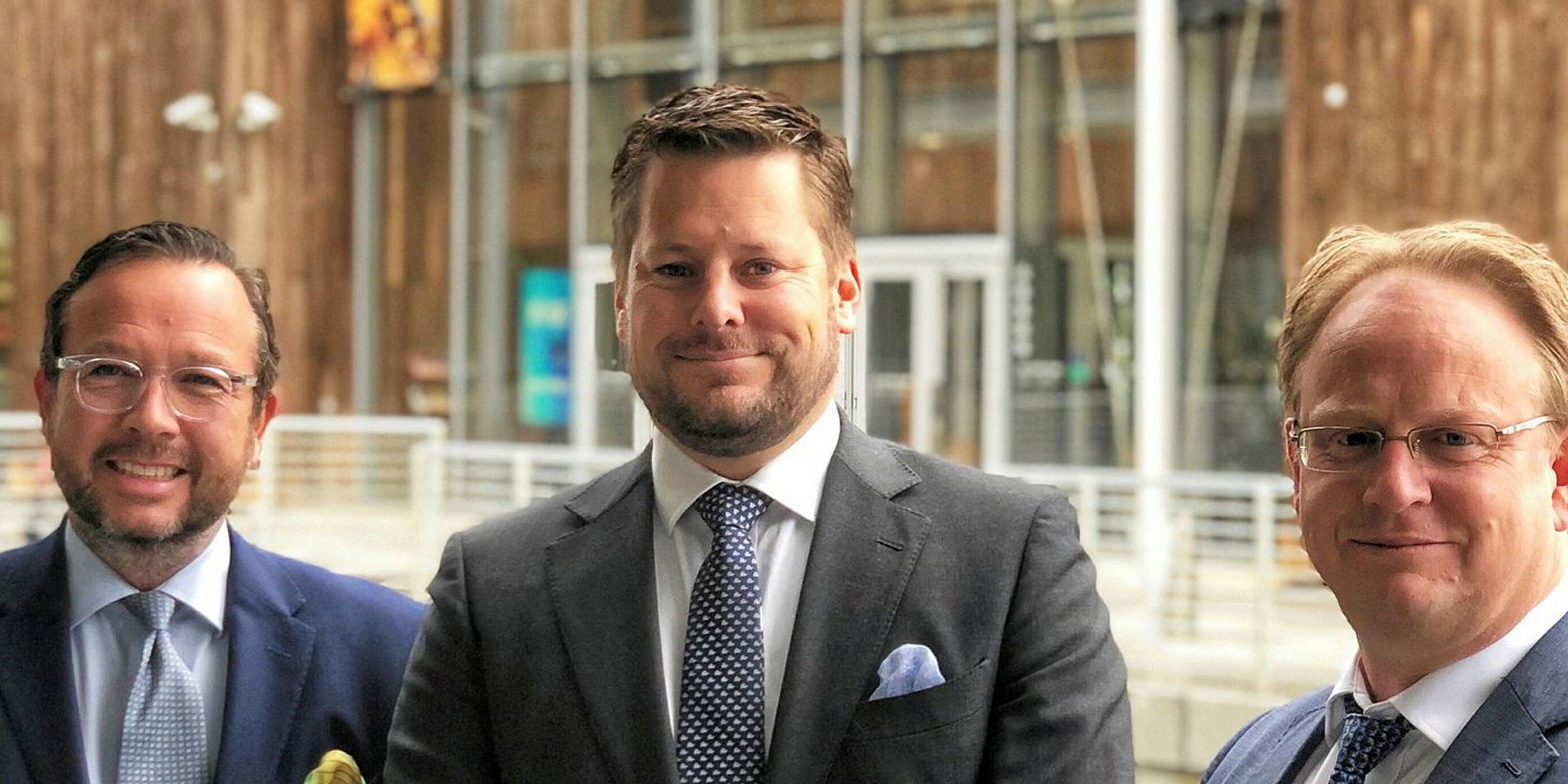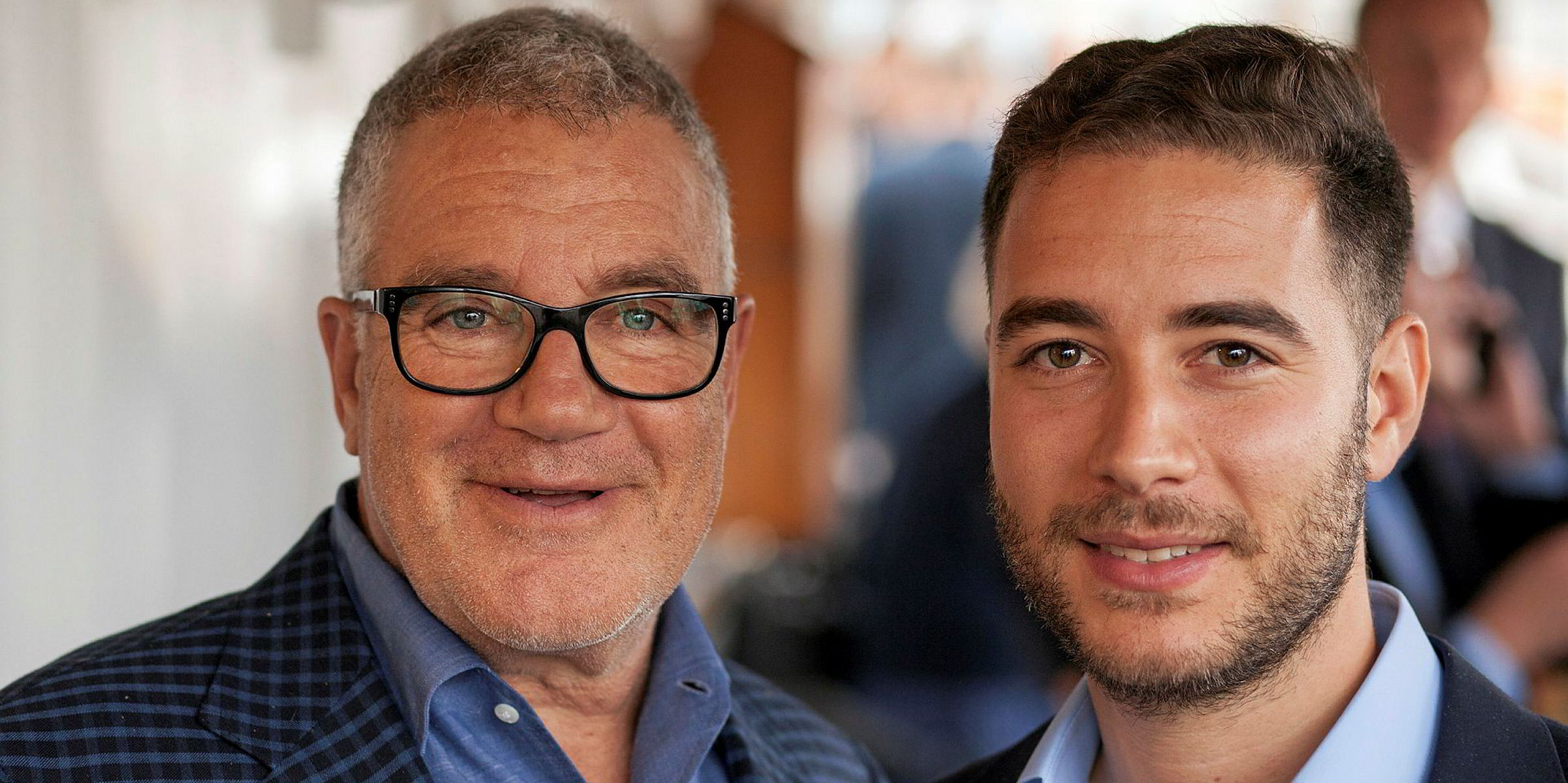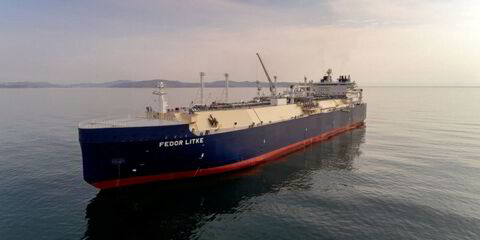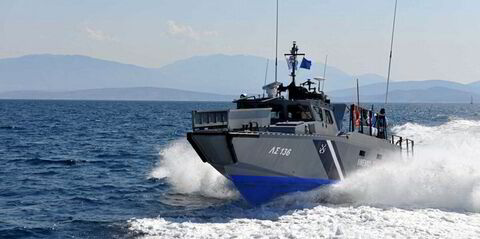Shipbroker Richard Fulford-Smith believes large ships built before 2014 face becoming obsolete once the IMO 2020 cap on sulphur emissions takes hold.
Large bulkers that do not have scrubbers, he said, will face uncertainty about what refiners are ready to provide, with dry cargo players more vulnerable than tanker or gas carrier owners.
New direction
"At the end of the day, it's all about where we go directionally in terms of replacing a fleet of ships, which is basically obsolete," he said on the sidelines of the TradeWinds Shipowners Forum Oslo during Nor-Shipping.
"Any ship that was built before 2014 is likely to have a problem, if it is a big ship, in terms of competing today."
The high-profile shipbroker said the industry needs new investment in the next generation of ships, as well as managing the exit of pre-2014 vessels through scrapping in an environmentally-conscious way.
Fulford-Smith said there are a lot of people in the dry bulk sector who are still hoping for waivers from the impending IMO 2020 rules.
And, he said, there has been very little capital invested in ships after more than a decade of bad dry markets.
Next generation
"These guys have to comply. The take-up in finding solutions has been tiny. Virtually nobody has started ordering the next generation of ships to solve their problems," he said.
The shipbroker said cargo interests, however, cannot rely on shipowners to invest and will have to look very carefully at their freight exposure amid tightening environmental rules.
Fulford-Smith also called for the shipping industry to get its end users onboard with cleaning up the sector's footprint.
"We have to eliminate the use of oil as a fuel on ships," he said.
Gas is still a carbon emitting fuel, but the shipbroker still pushed it as a solution.
"Let's be realistic. We've got to apply an awful lot of brainpower to find the fully renewable solutions for the next 20 years.
"At least LNG meets all the requirements of SOx, NOx and particulates [regulations]," Fulford-Smith said.
